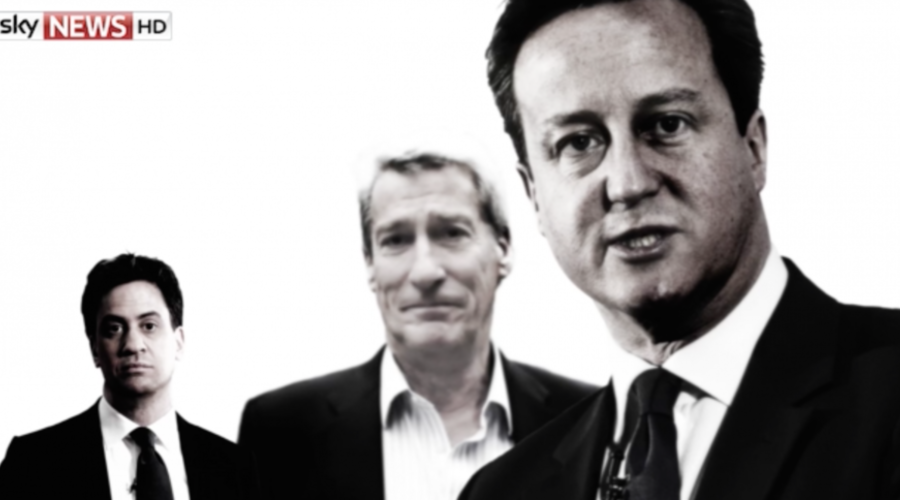There’s just over 40 days to go till the general election. Between leaders refusing to debate, changes to who counts as a major party and a strong possibility of a hung parliament, there’s already been a huge amount for channels to speculate over.
Ofcom, the body that creates the rules is a government approved independent regulator. Here’s a rundown of some of the restrictions for broadcasters when it comes to elections.
No politicians as presenters
It might seem like an unusual rule but no politician is allowed to either be a presenter or interviewer. This is very different to the United States for example where 2008 presidential nominee, Mike Huckabee went on to host his own talk show on Fox News.
All sides get their fair share
Probably the most important rule of the lot. Broadcasters must give all parties a fair hearing. Obviously smaller parties can receive less airtime than the large parties but they must be heard. This is also the case for important pressure groups and organisations or experts who can give alternative opinions that add to debate. You',l be hard pushed to find any sort of debate in a studio without representatives from both Labour and Conservatives. The tricky bit will be fitting in all the other smaller parties.
Ballot Box
When the polls open, the speculation ends
From 6:00 am onwards on 7 May broadcasters won'´ report on any campaigning. This is why you can expect a lot of uncontroversial footage of party leaders going out to vote with their families. It might be dry, but coverage of any kind of politicking could give unfair last minute momentum to one party over another.
This is also the case for polls. Once the electorate is out voting there will be no coverage given to poll results or suggestions that a party is in the lead or has even won. It is not until the polls have closed that news programmes can make predictions or claim a potential winner.
National versus Local
You are unlikely to ever hear the stance of a representative on a constituency issue on national or even local news during the election period. Broadcasters must give fair hearing to all sides of debates at all levels and it would be a great waste of airtime at a national level to allocate time to balanced local constituency arguments.
This is why it's only ever bi-elections where there is a great national interest that local constituencies are reported on.
Party political Broadcasts
Ofcom sets a minimum number of party political broadcasts that must go ahead but it’s up to channels themselves to judge how many each of the parties is offered.
Ofcom’s code is based upon who they class as a major party. From the 2010 general election the only change is that UKIP now count as a major party in Englad and Wales. This means that it now must have a minimum of two party political broadcasts like the other major parties
Leaders' debate - sort of
After months upon months of disagreements on the format the debates should take, the broadcasters have finally agreed a mixture of different political programmes with party leaders. With all four pre election shows taking different forms including a couple of debates in there, it all gets a bit confusing.
This Thursday Sky News and Channel 4 will host David Cameron and Ed Miliband being interviewed by Jeremy Paxman and take questions from a studio audience. The deal is that the two leaders will not appear with each other.
On 2 April, Nick Clegg, Nigel Farrage, Nicola Sturgeon, Natalie Bennett and Leanne Wood will join David Cameron and Ed Miliband in a seven way leaders’ debate on ITV chaired by Juilie Etchingham. This is arguabley the most important slot. This will be the only time during the whole election campaign when David Cameron will appear on stage with Ed Milliband. The Prime Minister said he’d only be doing one debate and it’s now official he won that battle.
Ed Miliband, Nigel Farrage, Nicola Sturgeon, Natalie Bennett and Leanne Wood will all take part in an opposition leaders’ debate on BBC moderated by David Dimbleby on 16 April. This date was meant to include Nick Clegg however it’s been reported that Cameron won the battle to move the Deputy Prime Minister to the final pre election leaders’ programme.
Finally on 30 April David Cameron, Ed Miliband and Nick Clegg will feature in a Question Time special on BBC where they will take questions from the audience separately. Again the leaders will not face off against each other but will be looking to impress on the national stage for the last time before the vote.
Election May 7th
By Alastair Ballantyne

